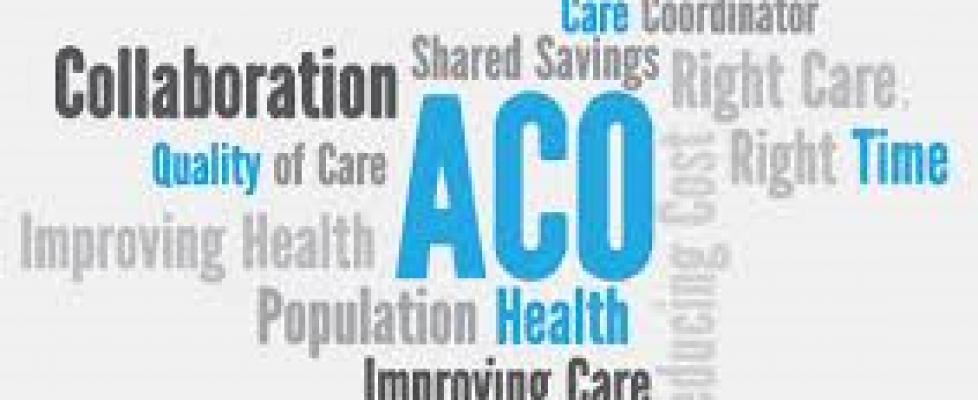Accountable care organizations: Time to make risk-adjustment more stable
ACO stakeholders ask CMS to keep upside-only risk model, while 29 others from Next Gen ACO Coalition want to make risk more predictable.
Two interesting developments happened on Thursday that could impact the future of Accountable Care Organizations and the amount of risk they manage.
First, 29 of the 51 Next Generation ACOs announced a new coalition to advocate for stabilizing the risk-based model to the Centers for Medicare and Medicare Services.
In a second but separate ACO move on the same day, nine healthcare organizations, including America’s Health Insurance Plans, America’s Essential Hospitals and the American Medical Association, wrote to the Centers for Medicare and Medicaid Services in support of the upside-only risk model of the Medicare Shared Savings Program.
ACO status check
CMS proposed an overhaul in August that involves scaling back the MSSP ACO model. The rule would limit non-risk to two years instead of six, and decrease the shared savings rate from 50 to 25 percent. The comment period ends October 16.
In response, stakeholders asked CMS to allow more time for ACOs in the shared savings-only model and to return the shared savings rate to at least 50 percent.
What’ more, over 70 percent of ACOs facing mandatory risk said they were likely to leave the program.
“Program changes that deter new entrants would shut off the pipeline of beginner ACOs that should be encouraged to embark on the journey to value,” they wrote.
What ACOs need: Time to realize savings
Avalere in a report released this week, said it took time to achieve savings, more than the two years CMS proposes.
MSSP supporters have said recent data show MSSP ACOs generated $1.1 billion in gross savings to Medicare and netted $314 million.
Other groups in support of MSSP are the Association of American Medical Colleges, the American College of Physicians, Health Care Transformation Task Force, the Medical Group Management Association, the National Association of ACOs and Premier.
Of the 562 total ACOs participating in the Medicare Shared Savings Program, 82 percent take on no financial risk for healthcare cost overruns.
This is unlike Next Gen participants, which take on the most risk.
Next Gen ACO Coalition’s goals
In touting Next Gen savings of $62 million during the 2016 performance year and in the proposed MSSP overhaul, CMS Administrator Seema Verma has made it clear the agency wants ACOs to take on more risk.
Data from Evolent Health shows that ACOs in such two-sided risk models generate the most cost savings, according to research released by the new coalition.
The coalition’s goals are to advocate for a fair and predictable risk-adjustment policy, create predictability in the program, avoid past mid-year and late-year programmatic changes that disrupt financial performance and erode long-term stability, and to preserve and evolve the program.
The Next Gen program, begun in 2016, expires in 2020. Its future is uncertain, according to Mara McDermott, vice president of McDermott+Consulting, who has been working with the Next Gen ACO Coalition.
Short-term there have been some payment changes in Next Gen that have been met with some concern, McDermott said. There’s also a feeling that there could be better coordinated communication.
Next Generation, as the risk model being promoted by CMS, has the potential to shape the healthcare delivery system, McDermott said.
If CMS is headed toward more risk, providers need to be empowered by policy to buy, build or outsource risk-taking capabilities.
Over the long term, the coalition will focus on developing elements of future payment policy, network design, and beneficiary engagement.

